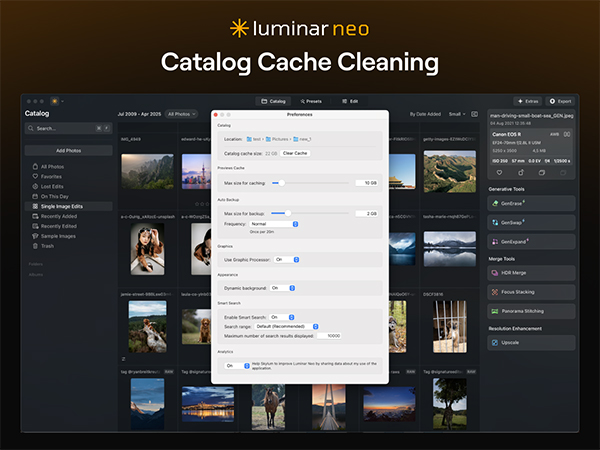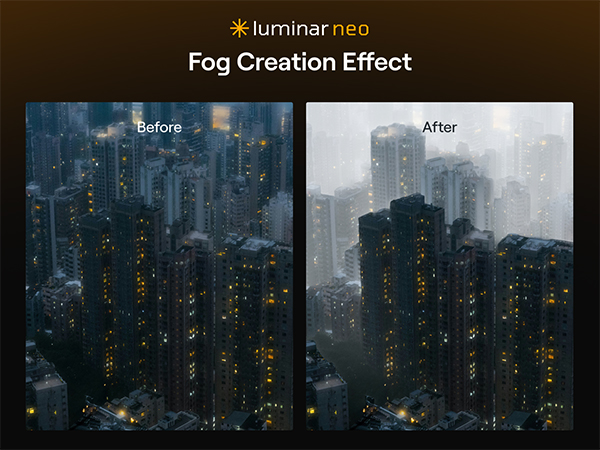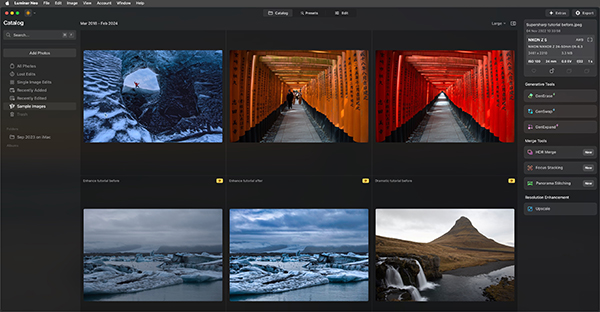Grainy Photos: How to Avoid Noise in Wildlife & Nature Photos (VIDEO)
We’ve all captured what were thought were compelling low-light photos, only to return home, pull them up on the computer and discover that they’re “grainy, gross, and noisy.” Today’s quick tutorial from the Trav in the Bush YouTube channel insists that the problem isn’t with your camera and explains how to rid photos of these ugly image-killing artifacts.
Trav is a professional bird photographer from British Columbia, Canada who creates straightforward, relatable tutorials for like-minded shooters. Today’s nine-minute episode provides practical tips for cleaning up you act when shooting in the field.
He summarizes the tutorial like this: “I’m going to explain what causes noise and three ways to stop it so your photos will look clean and sharp no matter what camera you’re using or the level of your skills.” His trio of tips are presented in the context of photographing birds, but they’re equally effective for all sorts of nature and wildlife photo adventures.

The lesson kicks off with an overview of the problem, and Trav explains the basics like this: “Noise is that speckled, grainy texture that appears in a photo—especially when you’re shooting in dim conditions.” It can even rear its ugly head in high-end professional cameras with results that he describes as “messy.”
And here’s where the concept gets interesting, according to Trav: Most people blame noise on high ISO settings (which do play a role) but elevated sensitivity is not the evil villain in this demoralizing drama. Trav puts it simply: “The real culprit is a lack of light hitting the camera’s sensor.”
As the theory goes, high ISO settings do not create noise, “they simply amplify the signal that your camera captures.” So if that signal is weak these unfortunate artifacts are sure to appear. Trav provides the analogy of cranking up the volume on an audio recording until static overwhelms the purity of sound.

In other words, “your camera is unable to add light to a photo, it can only work with the light you give it.” Theory aside, what you really want to know is how to fix this aggravating occurrence, and Trav’s trio of simple tips demonstrate everything you need to know.
The bottom line is this: whether you’re boosting ISO in the camera or increasing exposure during post processing you may be boosting both the good stuff and the bad stuff in an image, so follow Trav’s advice. Once the video concludes head over to the instructional Trav in the Bush YouTube channel where you’ll find many more basic explainers.
We also recommend watching a tutorial we featured with a Certified Adobe Expert who demonstrates how to create mind-blowing b&w photographs with a powerful HDR post-processing technique.



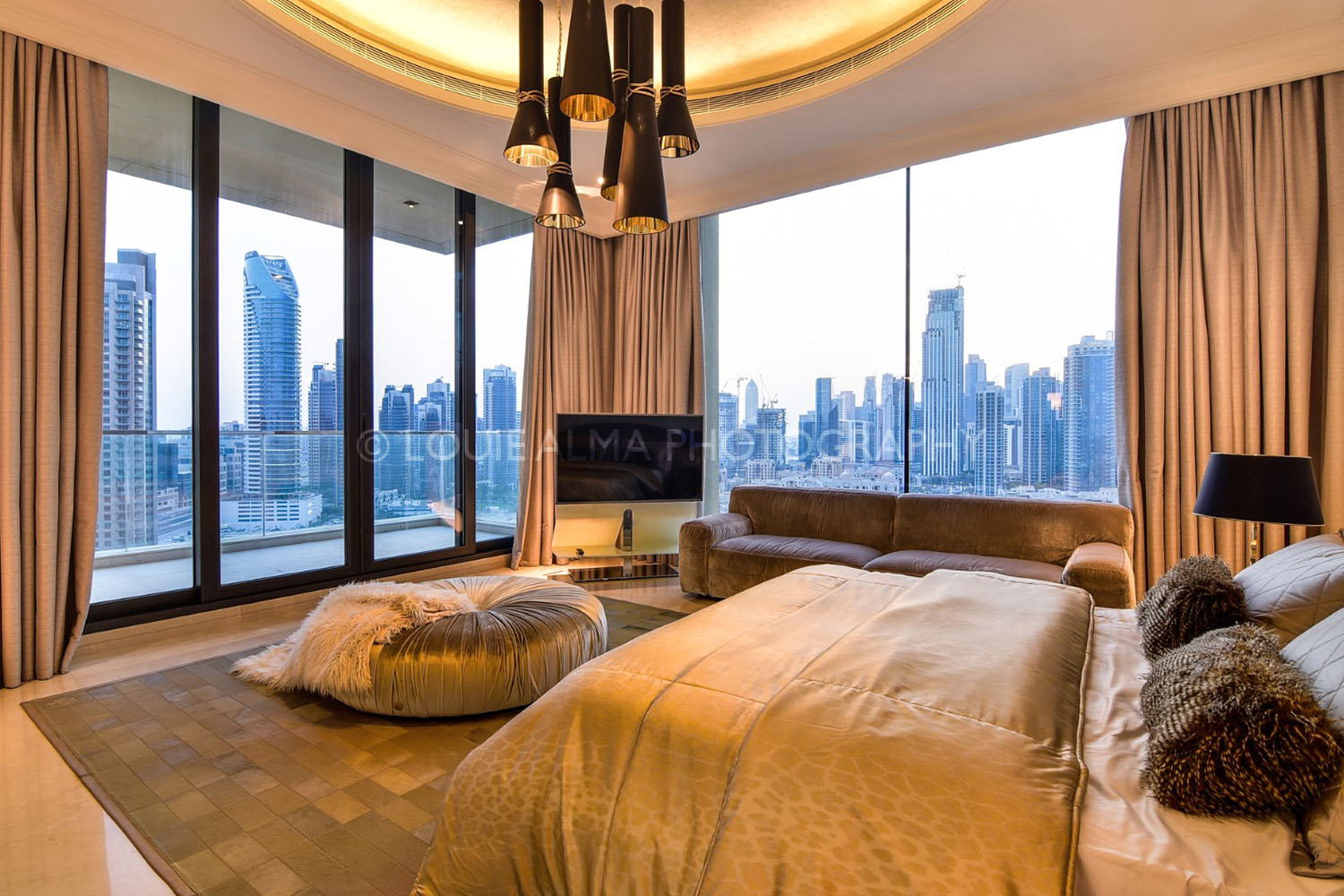
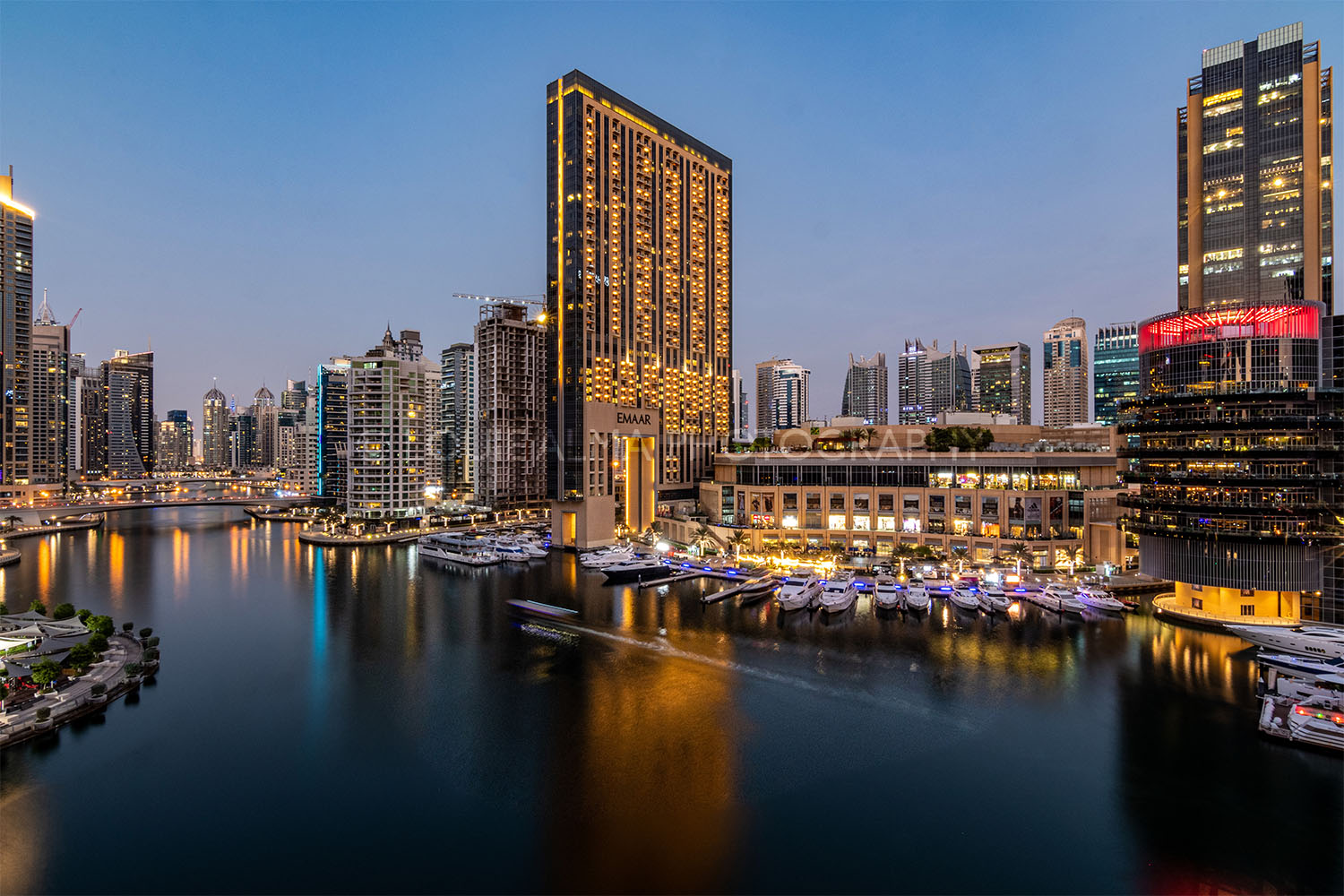
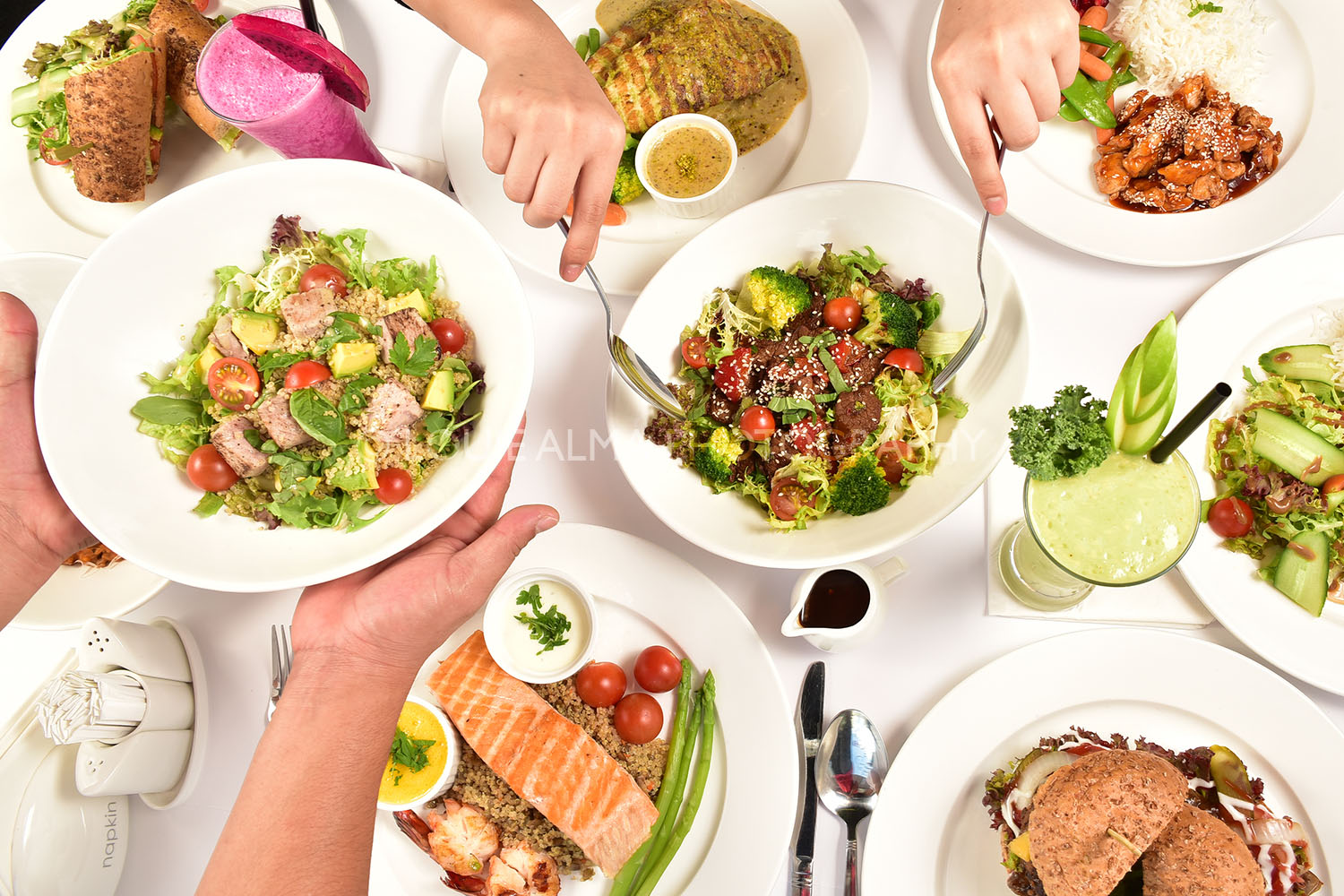
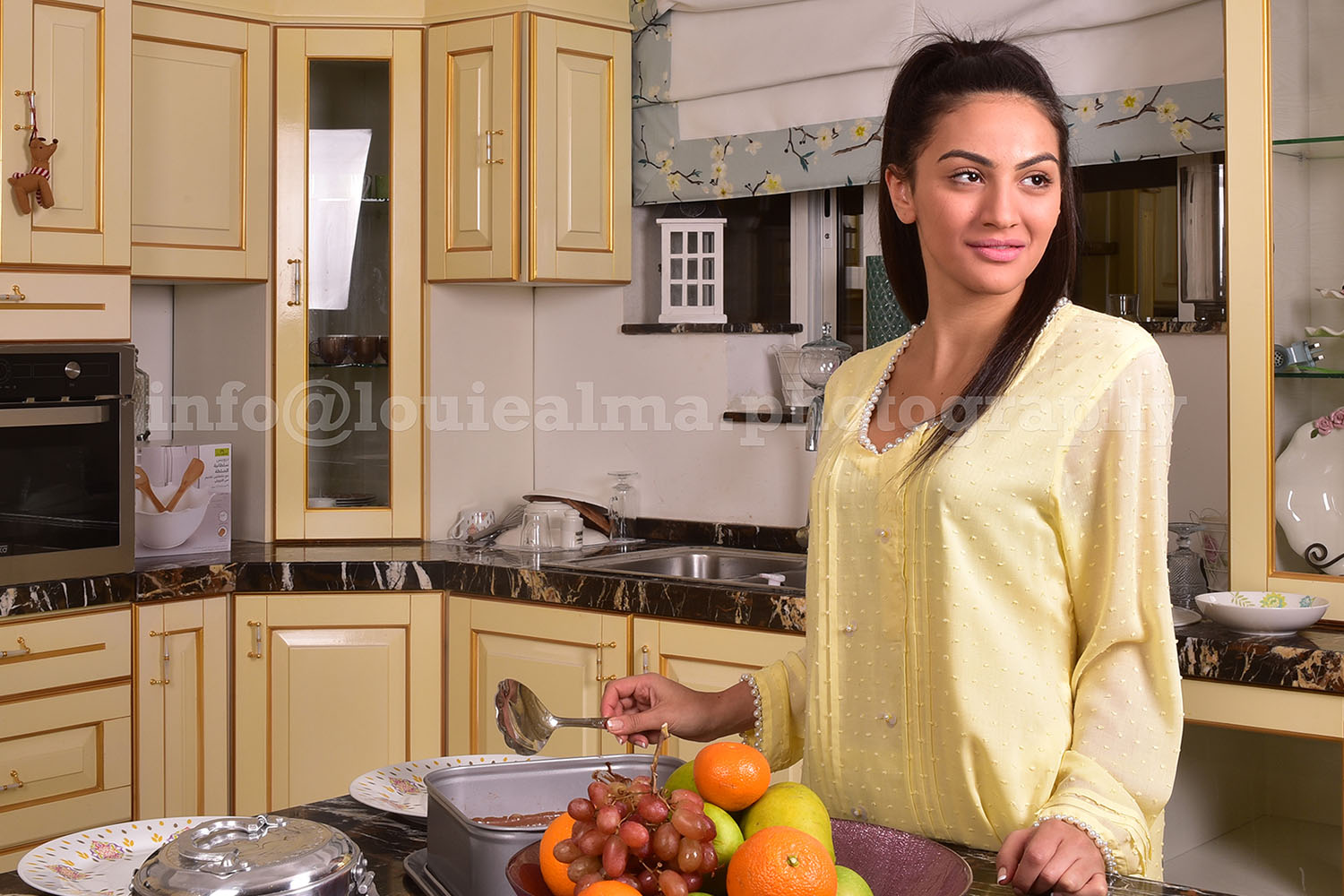
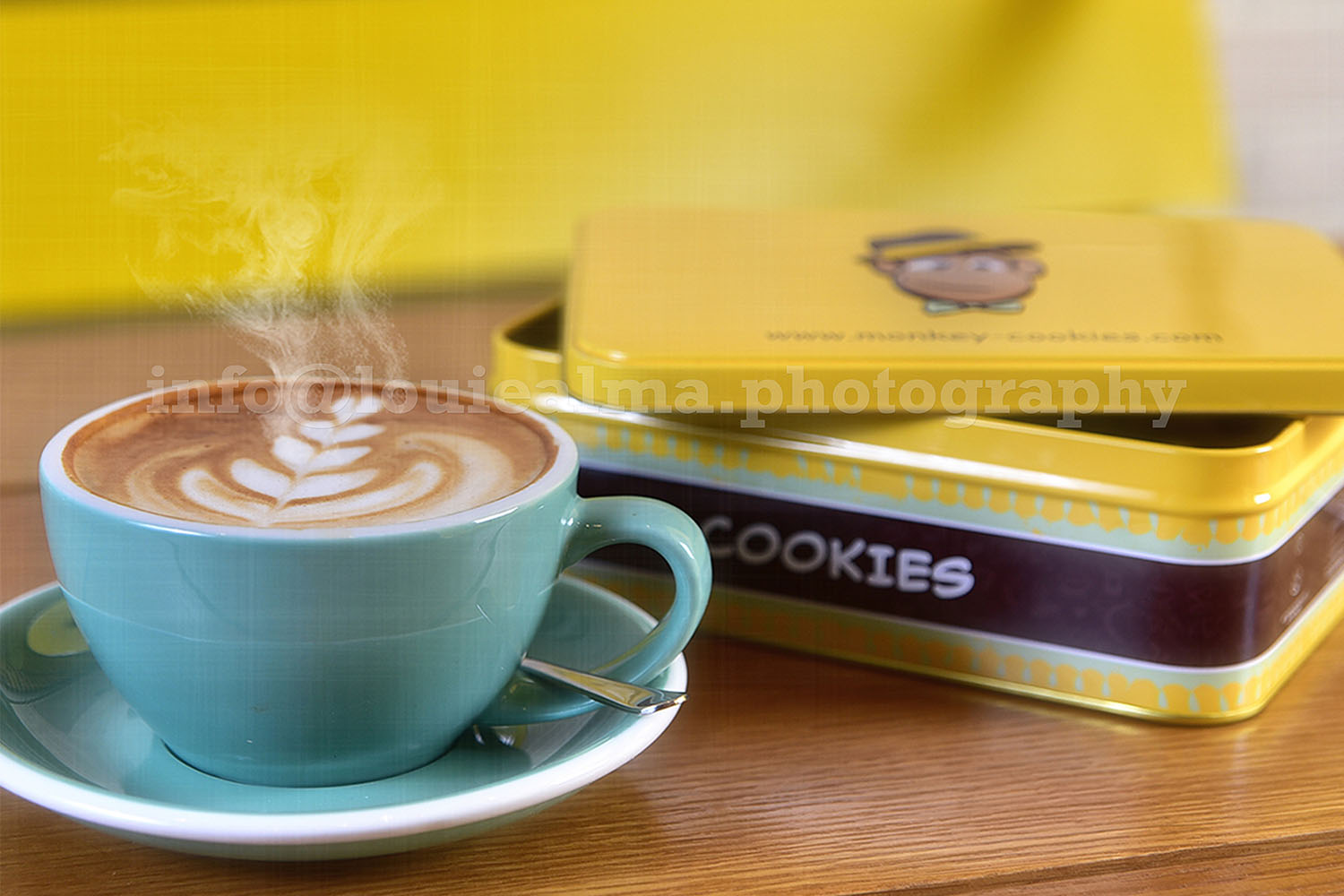

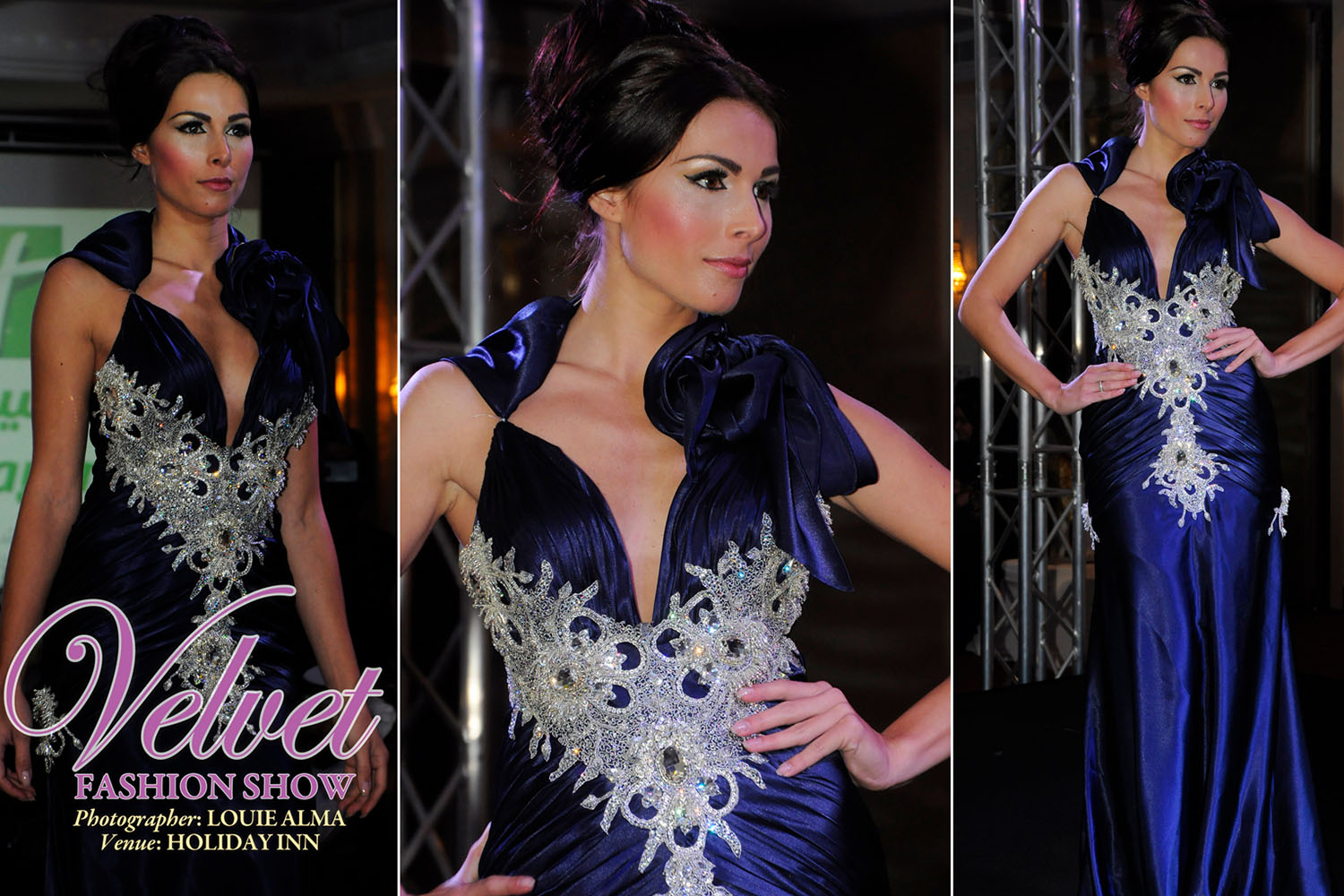
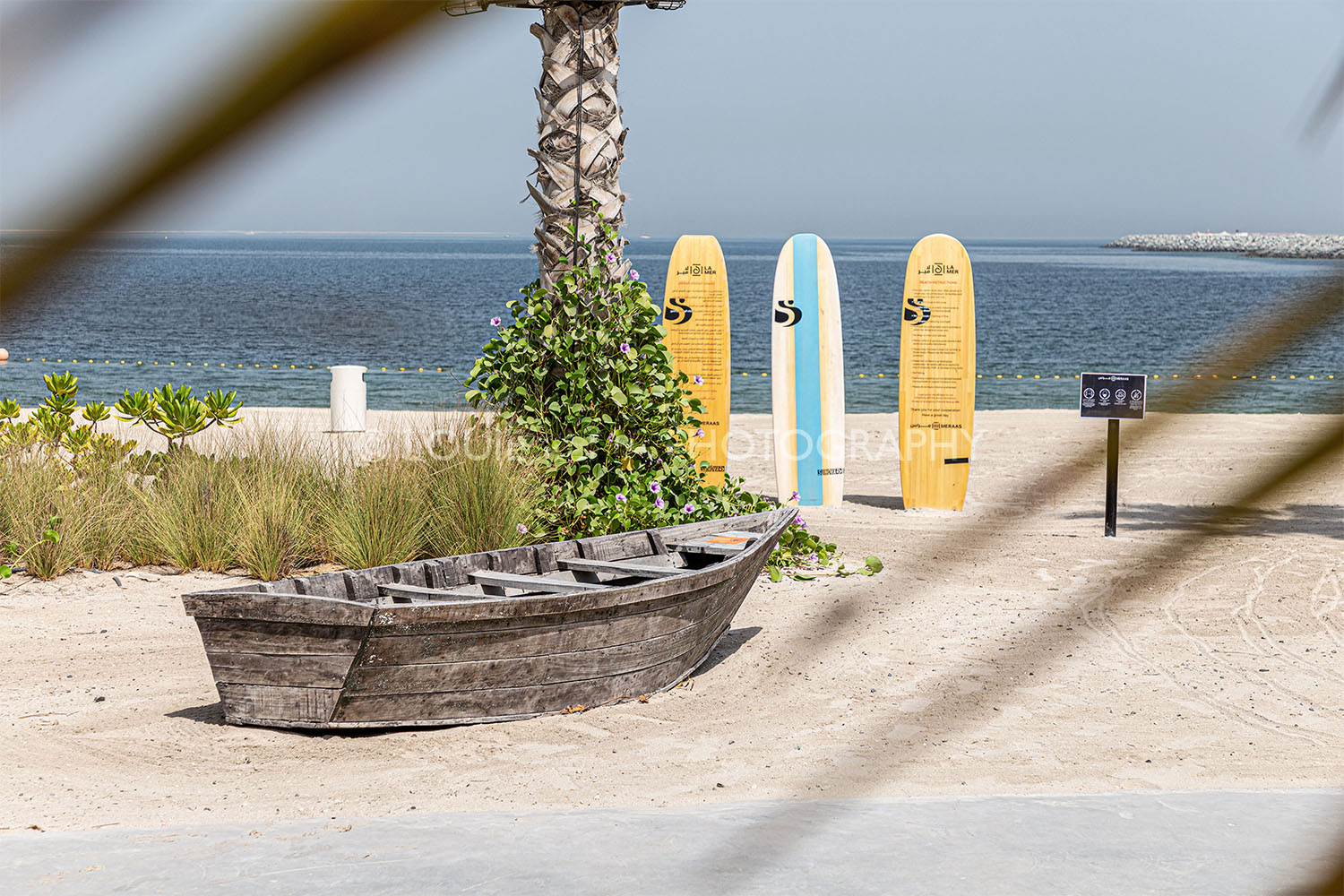
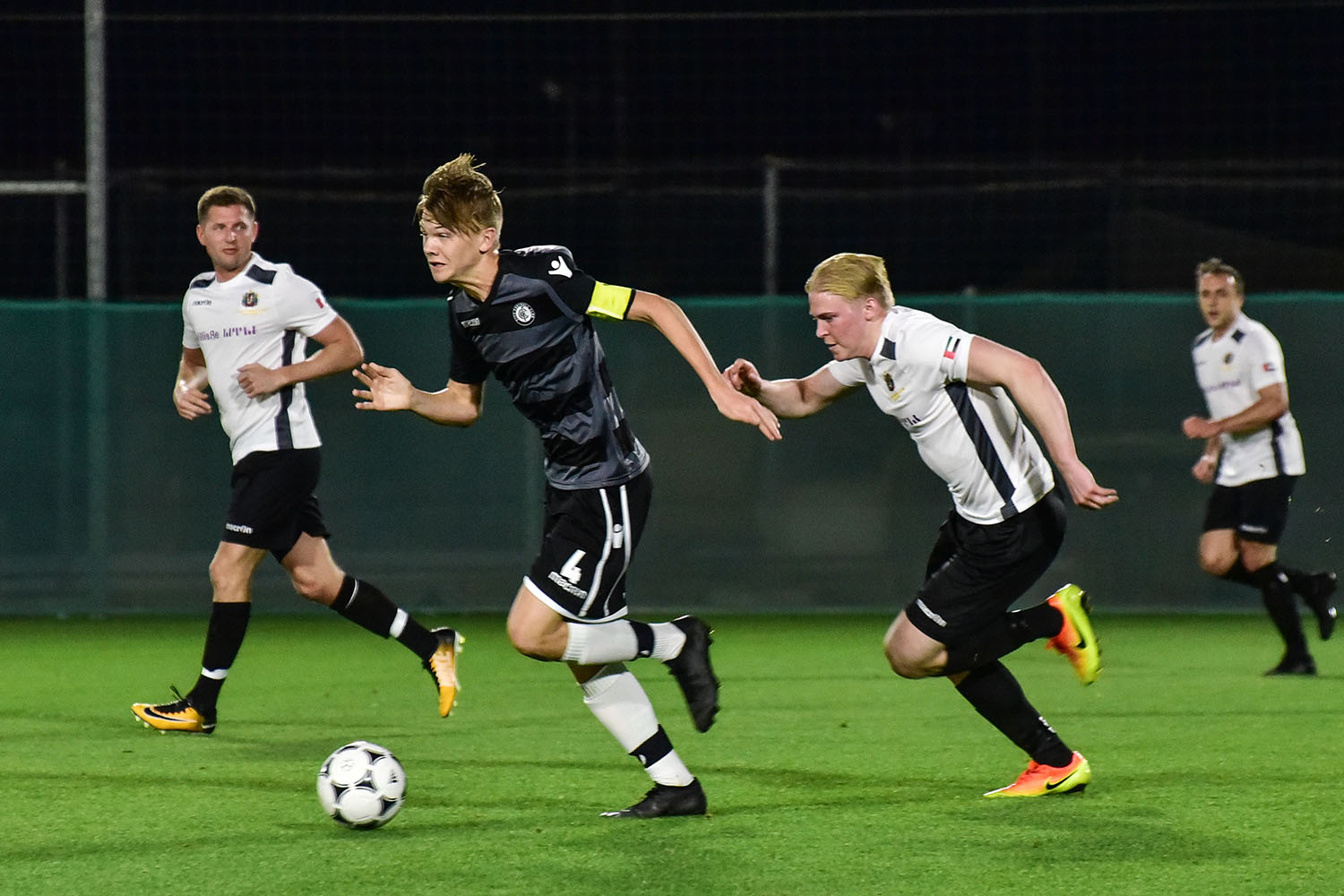

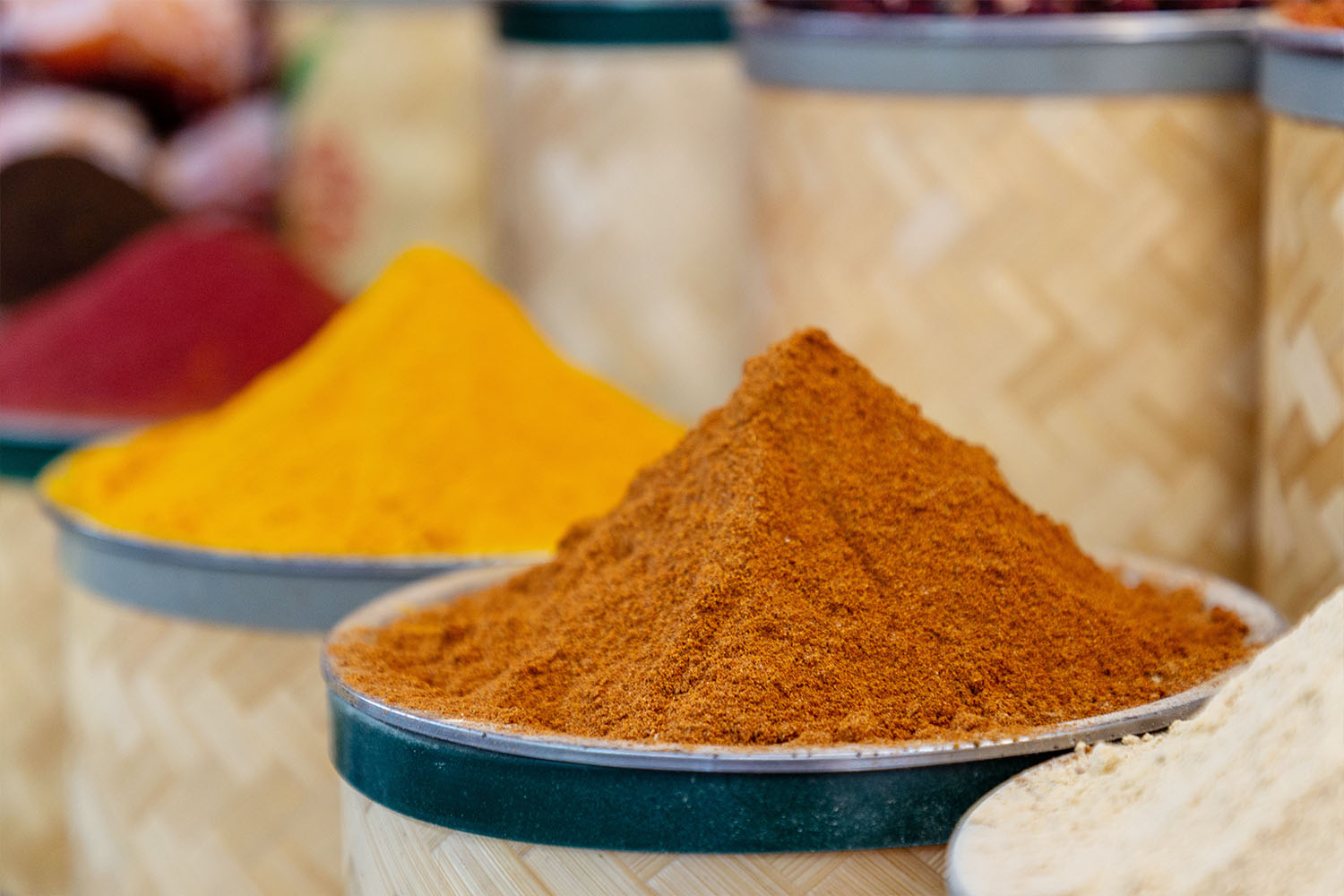
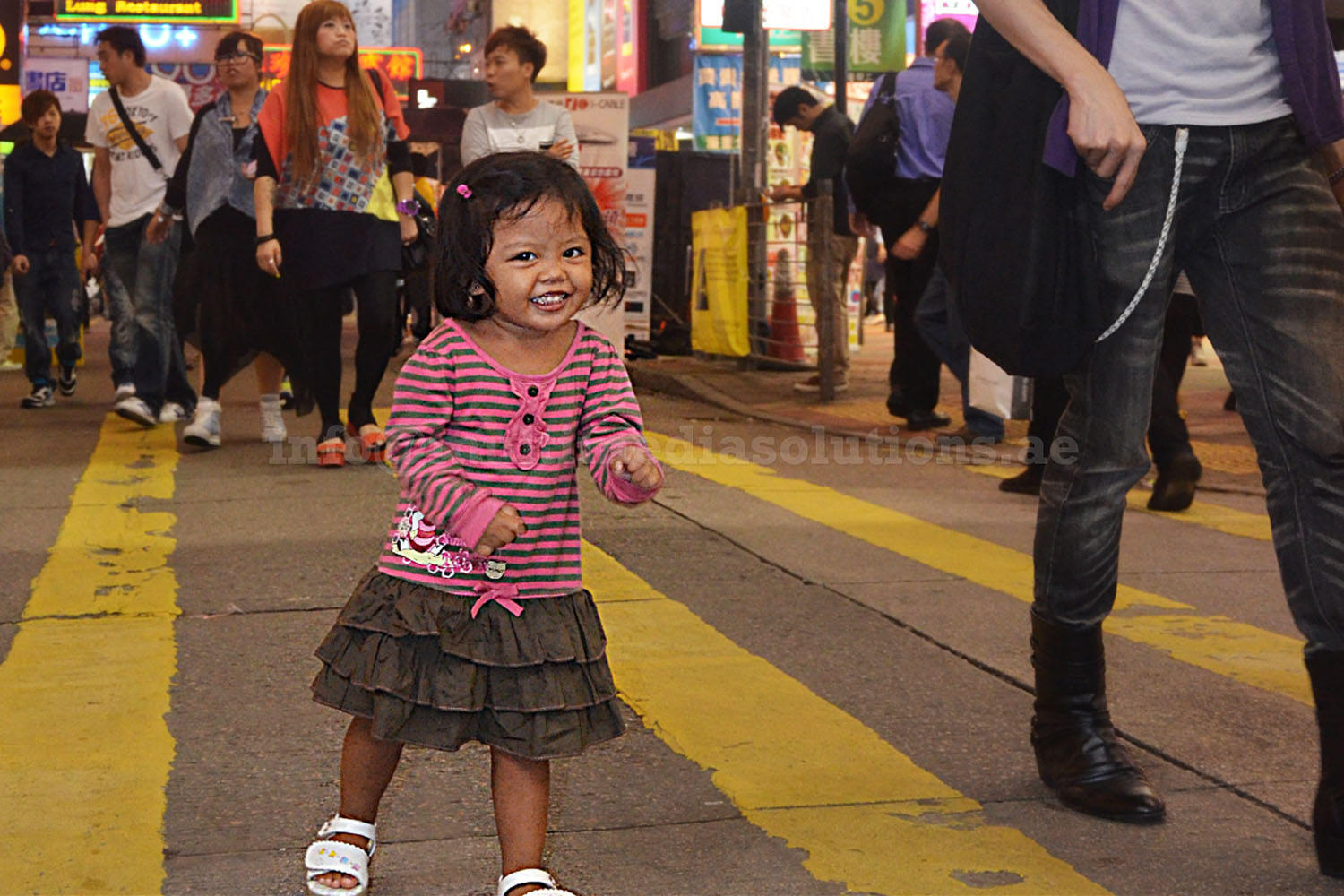
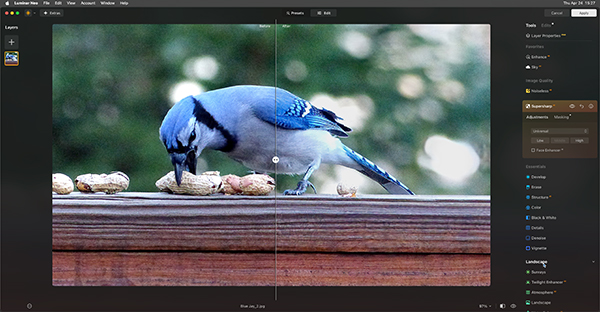
 Luminar Neo is replete with AI-driven operations like Generative Erase and the like, supports Raw images, Lens Correction and Layers, and performs editing in a non-destructive fashion. Plus it provides all of the standard edits everyone needs, like Dodge, Burn, Clone, Crop, Resize, Color Enhancements, and a variety of preset Image Enhancements — individually or processed as a batch.
Luminar Neo is replete with AI-driven operations like Generative Erase and the like, supports Raw images, Lens Correction and Layers, and performs editing in a non-destructive fashion. Plus it provides all of the standard edits everyone needs, like Dodge, Burn, Clone, Crop, Resize, Color Enhancements, and a variety of preset Image Enhancements — individually or processed as a batch.
